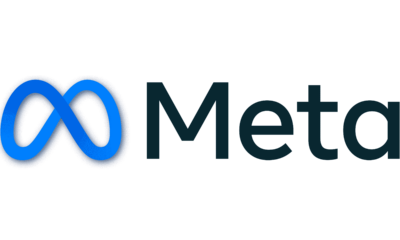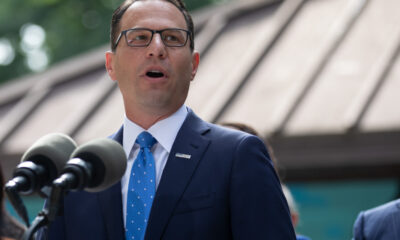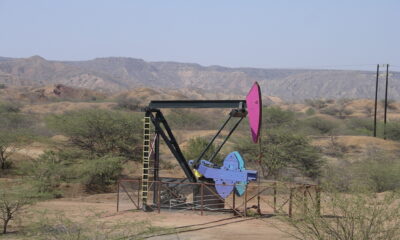Guest Columns
Advancing Natural Gas Operational Practices to Enhance Utility Safety and Sustainability
An overview of new technologies to make natural gas safer and more sustainable by detecting and stopping pipeline leaks.
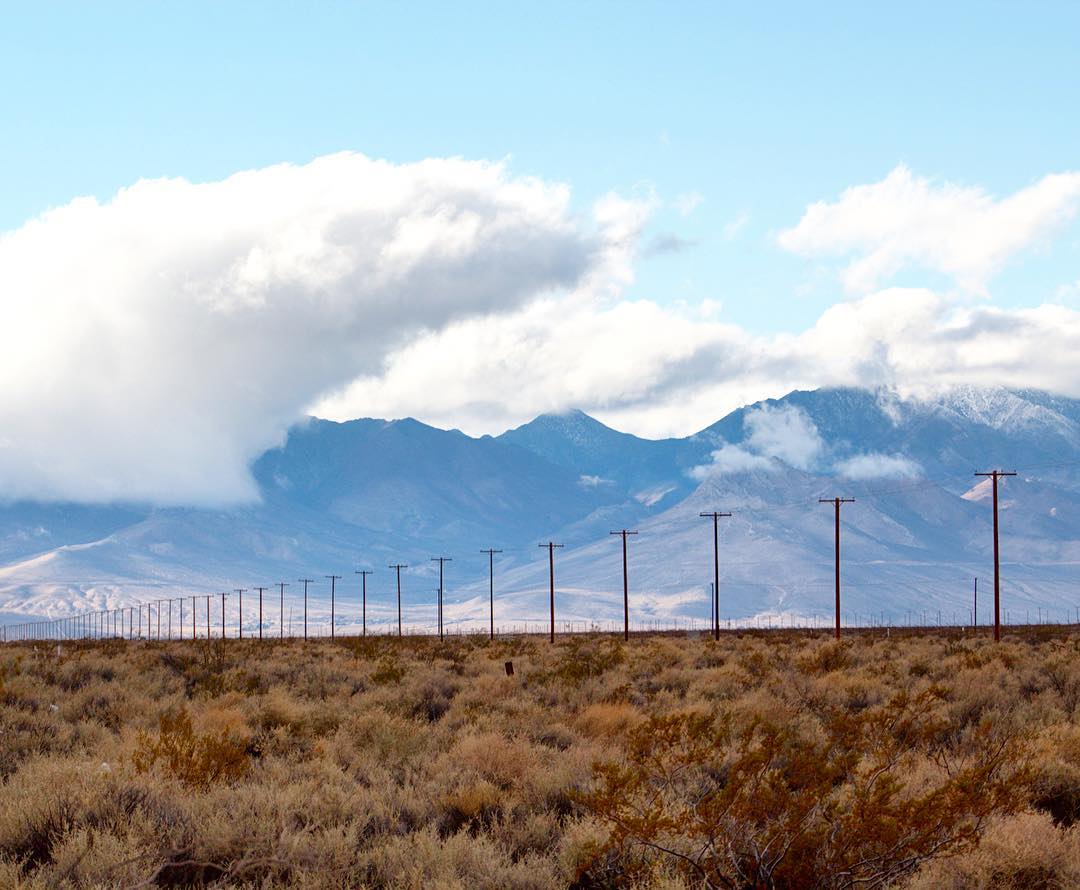
The American energy landscape is undergoing a profound transformation. Public natural gas utilities are embracing innovation and cutting-edge technologies that help detect leaks earlier and minimize emissions, which align with the Biden administration’s commitment to curbing emissions and pursuit of a clean energy future. In this era of transition, regulators must make decisions with a keen understanding of the nuances involved in energy distribution. Encouraging continued investment in natural gas technologies — including leak surveying, damage prevention, methane detection and leak grading and repair — can effectively bridge the gap between our current energy landscape and the more sustainable future we all seek.
Enhancing Leak Surveying
For decades, the resiliency of America’s natural gas distribution pipeline infrastructure has helped support reliable energy delivery for millions of homes and businesses. The nation’s natural gas distribution pipeline network continues to grow as the desire for reliable natural gas remains high. To meet this growing energy demand while keeping emissions low, utilities continually seek to improve operational efficiency. Increasing the frequency of leak surveys, a proactive, systematic inspection process that curbs energy waste and mitigates potential accidents, is a critical part of this effort.
Modern technologies, including aerial and vehicle surveys, have aided these efforts. Federal regulators have recognized the value of enhancing leak surveying, with the 2020 Protecting Our Infrastructure of Pipelines and Enhancing Safety (PIPES) Act encouraging the prompt repair of leaks based on comprehensive analyses and prioritization. Early repair also prevents potentially larger challenges that directly affect underserved populations, who rely on the affordability and dependability of natural gas. As a cost-effective, reliable energy option, natural gas helps communities reduce their energy bills and allocate funds to other essential needs. Moving forward, future rulemakings should be similarly rooted in sound scientific analyses and consider the feasibility for all utilities — large and small.
Improving Gas Detection
As we look to the future and advance best practices for the continued safe use of natural gas, burgeoning methane detection technologies will play a pivotal role. Protecting consumer and public safety is an important responsibility for natural gas utilities — and one that we take seriously. Laser detection devices have proven to be highly effective tools for detecting gas, and, over time, this technology helps reduce operating costs, which is especially important for cost-conscious not-for-profit public gas utilities that are owned by their communities.
Middle Tennessee Natural Gas Utility District (MTNG) and Midwest Energy are two public natural gas utilities embracing the latest technology to further bolster their leak detection programs. Supported by grant funding from the Pipeline and Hazardous Materials Safety Administration’s Natural Gas Distribution Infrastructure Safety and Modernization Grant program, MTNG is acquiring infrared laser methane leak detectors and other resources to build on its nationally recognized safety management program.
Midwest Energy, which oversees more than 3,000 miles of gas pipeline across Kansas, is also augmenting its leak survey capabilities by adopting cutting-edge technologies. Handheld laser gas leak detection devices, which are regularly upgraded to meet the latest operation and regulatory requirements in the field, can identify gas leaks at a greater distance from the gas line or meter than ever before. Streamlining the leak survey process, especially in rural areas, is crucial for protecting the safety of utility employees and the families they serve.
Encouraging Leak Grading and Repair
Though no federal regulatory requirements exist, gas utilities have been repairing infrastructure through leak grading for decades in alignment with industry best practices and state regulations. The recent surge in leak detection innovations is revolutionizing the way gas utilities manage their infrastructure, significantly enhancing their ability to grade and repair more promptly and efficiently. This leap in precision enables more efficient resource allocation, allowing utilities to focus on the most critical leaks first, which is crucial for ensuring system safety and reliability. Such prioritization protects communities while streamlining maintenance schedules and improving operational efficiency — ensuring that unnecessary expenditures are not relayed to customers.
Moreover, effective leak management plays a pivotal role in reducing methane emissions, ensuring public safety and maintaining the operational integrity of gas networks. With better leak detection and grading, utilities minimize the risks of accidents, which directly translates to safe and consistent energy delivery and continued customer satisfaction. This is why utilities, like the City of Lawrenceville, continue to invest in innovative infrastructure reinforcements. Their infrastructure repair project aims to keep pace with new standards while reducing methane emissions by an estimated 1,000 metric tons. The integration of advanced leak detection and grading technologies is not just a matter of operational efficiency for gas utilities, but a cornerstone of responsible and sustainable environmental stewardship.
Looking Ahead
I encourage policymakers to pay special attention to how regulations can impact natural gas utilities and consumers’ energy costs. It is essential to recognize the role that investments in the safety of natural gas infrastructure play in ensuring energy reliability, which is why continuing to incentivize and leverage innovative technologies will foster a future where natural gas remains a safe, cost-effective, and efficient energy choice for communities nationwide.
This article was originally published by RealClearEnergy and made available via RealClearWire.
Chris Latch is a Professional Engineer, Chairman of the American Public Gas Association’s Board of Directors & Assistant General Manager for the City of Corinth Gas & Water Department.
-

 Civilization3 days ago
Civilization3 days agoA Better U.S. Strategy for Greenland Than Annexation
-

 Education3 days ago
Education3 days agoIgnoring the Science: The Curious Case of Cell Phone Bans
-

 Guest Columns5 days ago
Guest Columns5 days agoWaste of the Day: Thousands of Earmarks in Illinois State Budget
-

 Education4 days ago
Education4 days agoA Solid Core Enlivens Free Speech and Viewpoint Diversity
-

 Civilization4 days ago
Civilization4 days agoEnd the Filibuster – Or Stop Pretending To Govern
-
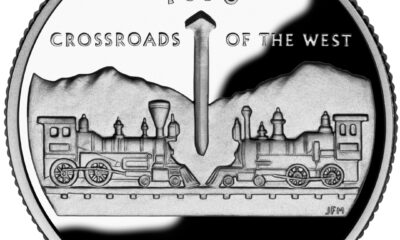
 Executive3 days ago
Executive3 days agoWaste of the Day: Utah University Trustees Don’t Know Their Job
-

 Civilization2 days ago
Civilization2 days agoTrump’s Longest Speech, His Shortest Margin for Error
-

 Executive4 days ago
Executive4 days agoWaste of the Day: $8 Water Filter Costs the Government $156



